
Halloween has long past, but that doesn’t mean we should all move on from horror movies. After all, there’s an almost endless amount of great horror movies available to the viewing public. Some of these movies are great for providing ample scares. Others are highly regarded for just being plain fun. The films on this list, however, are included because they get people thinking. These are ten of the smartest horror movies out there.
Sure, movies like Slither and Army of Darkness are a delight to watch, but they don’t exactly have powerful themes or unique examples of symbolism. That’s where these ten movies come into play. After so many horror movies that are only enjoyable for their horror, some people may want to watch something that can stimulate the cranium a little.
These movies qualify as “intelligent” for countless reasons. The main overall qualifier is simply that, in one way or another, the movies listed go beyond what is expected and provide a thought-provoking experience.
10. Altered States
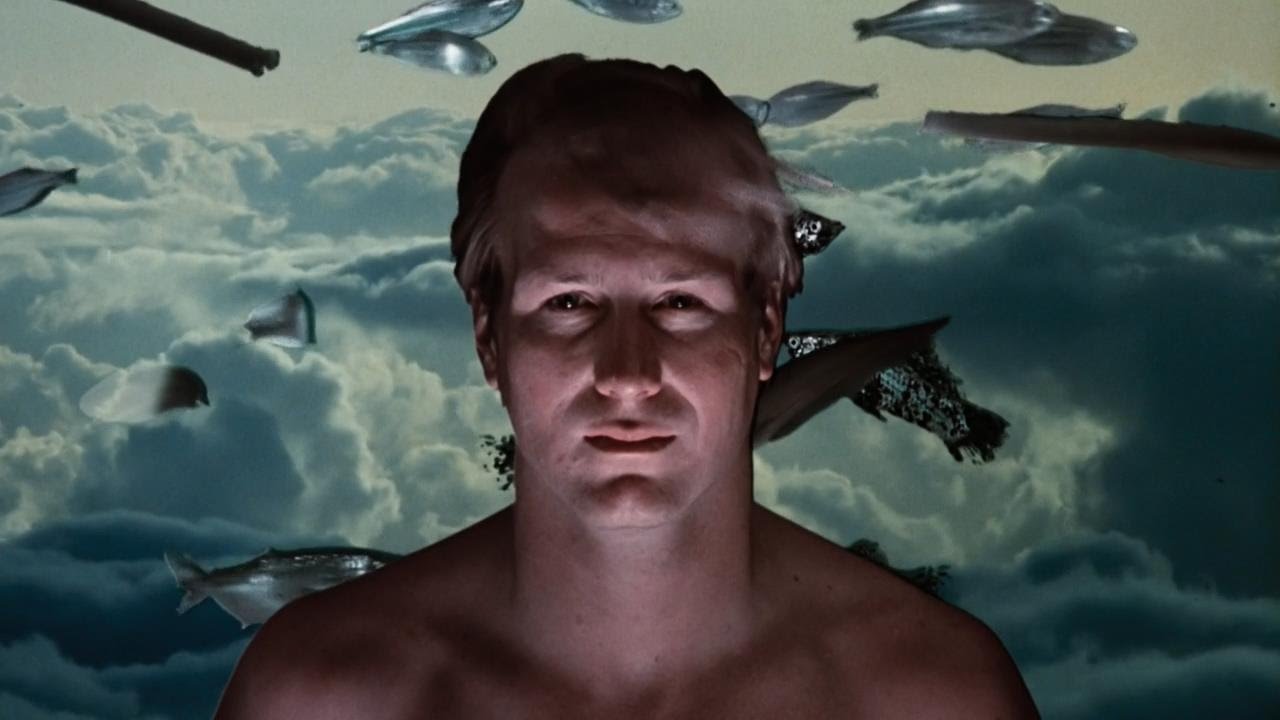
Altered States is a visual extravaganza that initially seems vapid upon first viewing. Less observant viewers may simply assume this is some psychedelic head trip that’s trippy for the sake of being trippy. This is, of course, the fate of many movies. It’s easy to claim that weird movies are simply weird for stylistic purposes. That naive assumption could occasionally be proven correct, but not when it comes to Altered States, there really is a method to this madness.
Screenwriter Paddy Chayevsky, who unfortunately passed shortly after this film’s release, had quite a knack for including complex themes about human nature and society as a whole. This 1980 movie, for example, revolves around a man trying to discover the underlying truths about life, the effects of isolation, and the existence of a higher power. In some cases, it could be argued that the horror undermines the more intellectual messages buried in the script.
At the same time, the actual character transformation that takes place (and ultimately sets the stage for the horror) serves a purpose. In fact, as previously mentioned, most of the elements can come across as pseudo-intellectual bologna, but there’s actually a decent amount being said about life.
This kind of commentary makes up for the fact that, at times, certain elements collide in a way that could be considered unsatisfactory. This works great as a social commentary and a little less great as a horror movie, but that’s fine. It succeeds in an area that’s likely to please eager film-lovers looking for something that’s able to keep their brain active.
9. Eraserhead
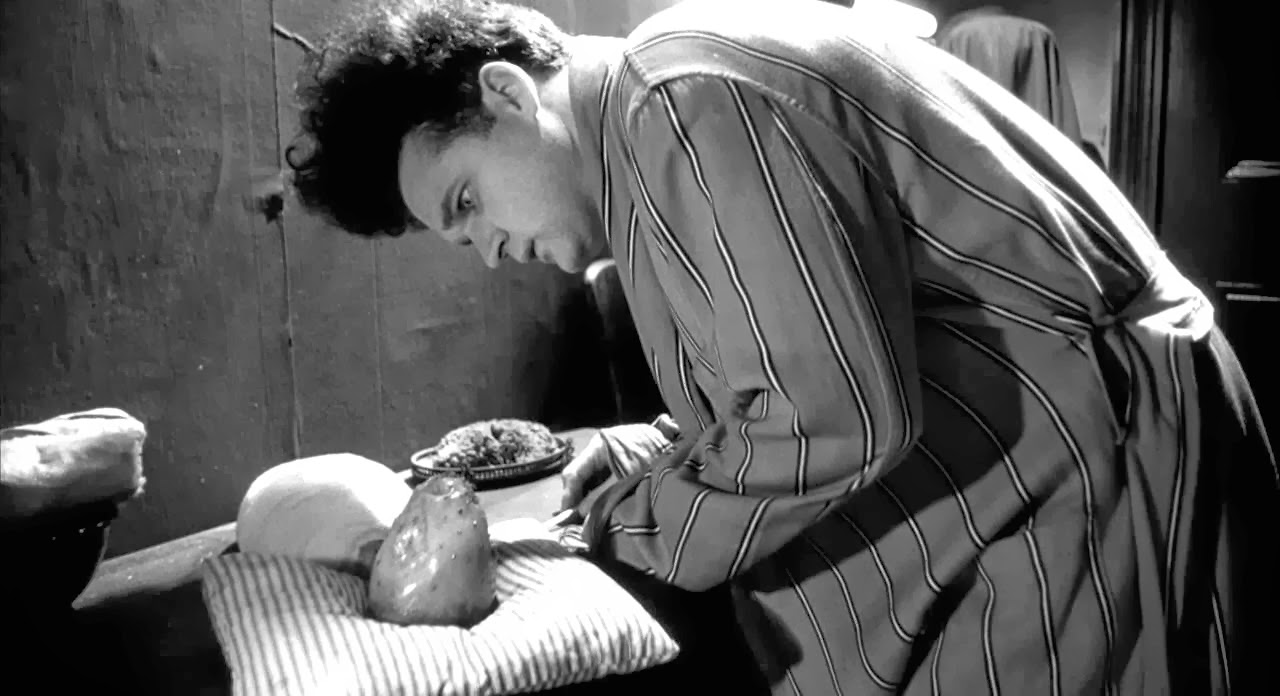
Let’s start off by saying that this movie’s target audience has probably already seen it. After all, Eraserhead is the quintessential movie for people in search of an arthouse experience that’s heavy on surreal symbolism.
David Lynch may have lightened up on the surrealism later in his career, but this thing is about as inaccessible as movies come. This claim is backed up by IMDb’s synopsis, which claims this is “a film that defies conventional logic and storytelling.” That description is accurate because this nightmarish experiment of a movie certainly does defy what we consider to be conventional logic. The important thing to note, however, is that it doesn’t defy logic entirely.
David Lynch, along with everyone involved, has created a movie with its own set of rules. These rules remain consistent and they remain reasonable within the context of an otherwise outlandish movie. This wasn’t hastily thrown together in an effort to create “art.”
On the contrary, there are strong motifs buried beneath the aforementioned symbolism. This is a movie about sexual repression above all else, but the more casual moviegoers are liable to miss these details. To be quite honest, this is a relatively simple story told in a not-so-simple way, but that’s precisely why it has earned a coveted spot on this list. Only someone like Lynch could present everything in this particular way.
The topics tackled in Eraserhead are profound, but a more traditional storytelling method could have made them seem so simple and forgettable. Not everyone will be able to crack the code right away. Hell, some people will dismiss the movie as being weird for the sake of being weird or grotesque for the sake of being grotesque. Eraserhead isn’t made for those people, and that’s perfectly fine. Just let the rest of us enjoy this outlandish piece of absurdity.
8. Invasion of the Body Snatchers
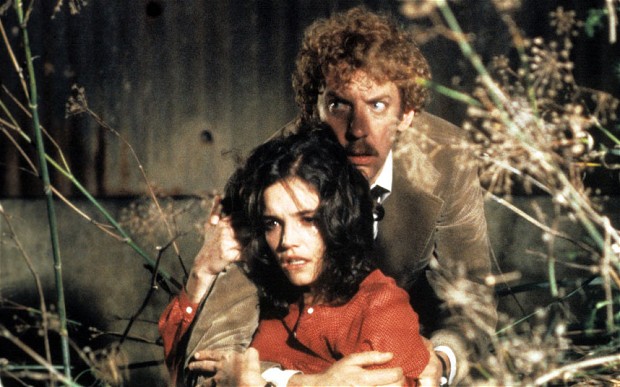
The first two adaptations of Invasion of the Body Snatchers are fantastic, but the one from 1978 will be included solely because it takes everything the first movie did right and improves upon it. Frankly, the pulpy premise had been done even before the original movie. Hell, it had been done before the source material was even published.
Several stories about mind controlling aliens were written prior to this little serial came around. Hell, Philip K Dick wrote an oddly similar short story the same year titled The Father Thing. As easy as it is to believe that Invasion of the Body Snatchers invented body-cloning aliens, it had plenty of influences. In other words, the general setup isn’t what makes this movie smart.
The smart part comes from the countless ways the story could be interpreted. Of course, many people have associated it with the red scare and the fear of communism, but plenty of others argue this isn’t the case. What we do know is that the body snatchers are far more than pulpy creatures meant to terrify viewers. There’s more to it.
Beyond that though, the movie could be considered smart simply because of strong dialogue and storytelling. The original hasn’t aged all that well because it feels over-the-top corny. This more scientific take on things is impressive to say the least.
So yes, this is another one of those movies that doesn’t have a straightforward theme. At the same time, there are so many things to be said about Invasion of the Body Snatchers. Perhaps the greatest compliment is that the movie is so much more than it appears. It looks like a goofy bit of sci-fi pulp, but there’s so much more than meets the eye.
7. The Cabin in the Woods
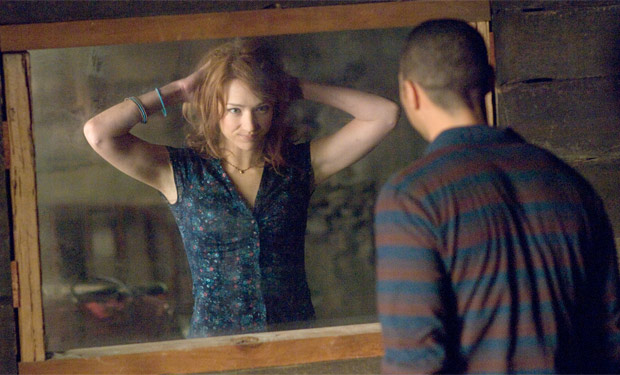
In 1996, the world was lucky enough to get its first taste of meta-horror in the form of Wes Craven’s Scream. The silly, self-aware slasher movie had a lot of fun winking at the audience and telling them “hey, we know a thing or two about horror movies.”
It was revolutionary, but it wasn’t perfect. The heavy dose of meta-humor was certainly a welcome addition, but the film didn’t successfully avoid every pitfall of the genre. When the clever observations came to a standstill, Scream felt an awful lot like every other slasher movie.
Overall, it remains a classic within the genre, but it’s foolish to ignore every flaw. Flaws aside, Craven gifted us with a heavily influential movie that brought us similar meta movies. Perhaps the best example of a post-Scream meta horror movie is a little title named The Cabin in the Woods.
It took the self-referential spin we’ve grown to appreciate and improved upon it in every way. Like Scream, it’s clever horror movie that makes an active effort to skewer the genre. Unlike Scream, the meta-commentary rarely, if ever pauses. As a result, the movie never has chance to fall into familiar territory. We are constantly getting new pieces of unabashed quirkiness drenched with intelligent observations about similar movies. It’s hard to complain when a movie gets so much right.
Similar movies lose out to this one because they just aren’t as consistently intelligent. It seems like we’re always getting more meta-horror, but nothing has come close to this. This year we got Blood Fest. Last year we got Tragedy Girls. The meta movies being released are perfectly fine, but Drew Goddard really perfected things here.
With a slam dunk of an ending and a hugely entertaining build-up, viewers are left with a movie that really understands the genre. It doesn’t necessarily have the thought-provoking themes of several other movies on this list, but it serves its purpose as a deconstruction of an entire genre of movies. That’s where it succeeds.
6. Eyes Without a Face
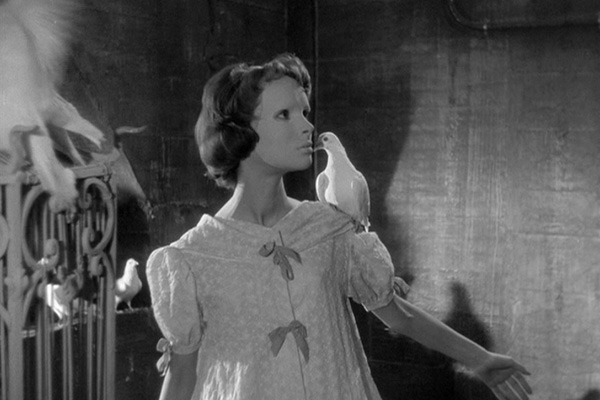
This 1960 French horror film about a father obsessed with curing his daughter’s damaged face is a stunning cinematic achievement that feels just as thought-provoking today as it did fifty-eight years ago. The premise is clever by itself, but the rest of the movie one-ups any preconceived notion we may have about the story. It is, by all accounts, a smarter movie than the audience is led to believe. Even with all the critical acclaim, it’s hard to predict just how much there is to appreciate here.
Described by The Guardian as a “work of poetic realism and surrealism,” this is a movie with an endless number of interpretations. The surrealism never feels outlandish or unnecessary. On the contrary, it almost feels necessary to tell a story this dark and twisted in such a unique way. This is especially true when we consider the time in which this movie was released.
Outright exploitation was going to get this film nowhere. The subject matter was carefully approached. This of course results in a movie that, shocking subject matter aside, has a lot to say about misogyny and the subjectivity of beauty.
Not every horror movie has aged as well as this one. It’s still creepy, it’s still smart, and it’s still surprising. It’s a movie that warrants discussion over fifty years later, and for good reason. There isn’t a definitive answer regarding what this movie is trying to say, but there’s a lot going on here which is liable to result in plenty of interpretations and discussion.